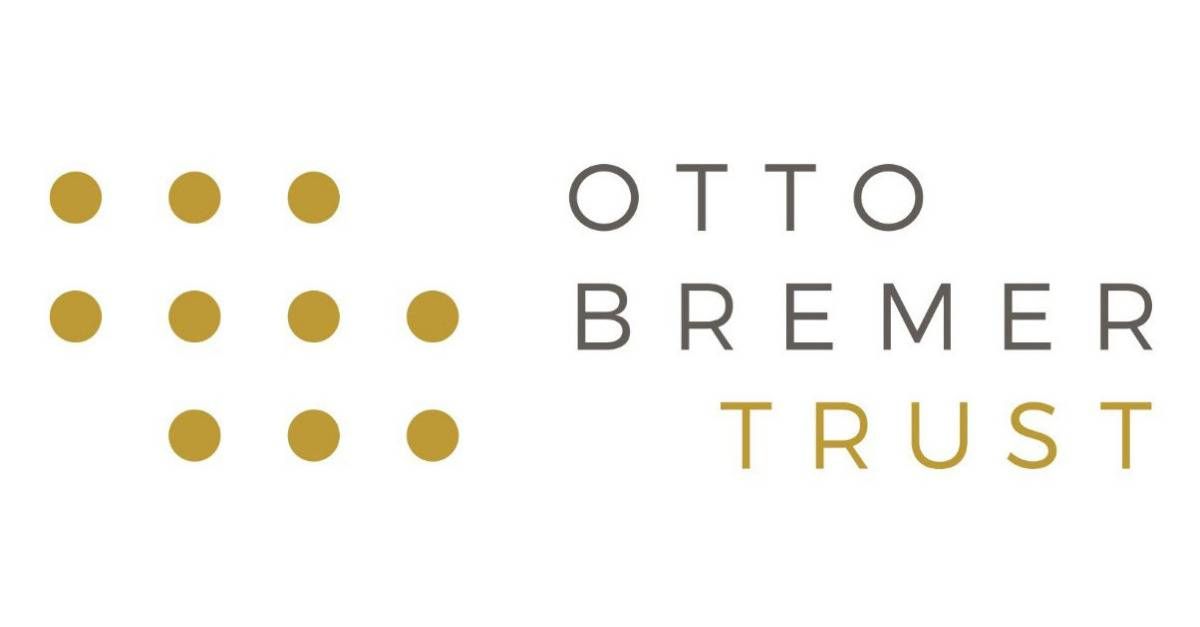Experiences of Racism Continue to Traumatize African-American Elders
The new documentary "Listen! Please!" chronicles the difficult experiences of four Minnesotans of color.
Police officers unsheathed their guns, pointed them at 65-year-old Sally Steele-Birdsong, and told her to put her hands up. When a neighbor said that Steele-Birdsong doesn’t look like a burglar, one officer responded, “You can’t look at them and tell.”
When police pulled over and asked Bill English how long he has lived in the community, English cursed at them and drove away shaking as he thought, “I could’ve died right there.”
These stories and more unite four African-American elders who have been traumatized by racist experiences. In Listen! Please!, these elders share what impact such discrimination has had on their lives and offer solutions to racism that still affects us today.

This story is part of the digital storytelling project Racism Unveiled, which is funded by a grant from the Otto Bremer Trust.
Racism is not reserved to bad run-ins with police.Since long before the word was first used in 1902, racism has persisted in access to health care, poverty and in opportunities for Americans of color. These barriers to opportunity have created gaps between races that still exist today, but a growing tide of data has revealed where these disparities exist and what solutions can begin to solve them. Find out how exposing data around racial disparities is essential to making progress.
“The events of 2020 opened many people’s eyes to deep and rooted inequities that are an undercurrent in this country and the world. In the context of Minnesota the issue is magnified due to the Minnesota Paradox: the phenomenon that Minnesota ranks as one of the best places to live in the nation, but only if you are white. If you are Black, Native American or a person of color, it ranks as one of the worst. Information like this flies around like hot summer mosquitos: pesky reminders that won’t catch a hint.” Writer and public-health educator Hadija Steen Mills looks at how we can collectively do better in a post-2020 world.
